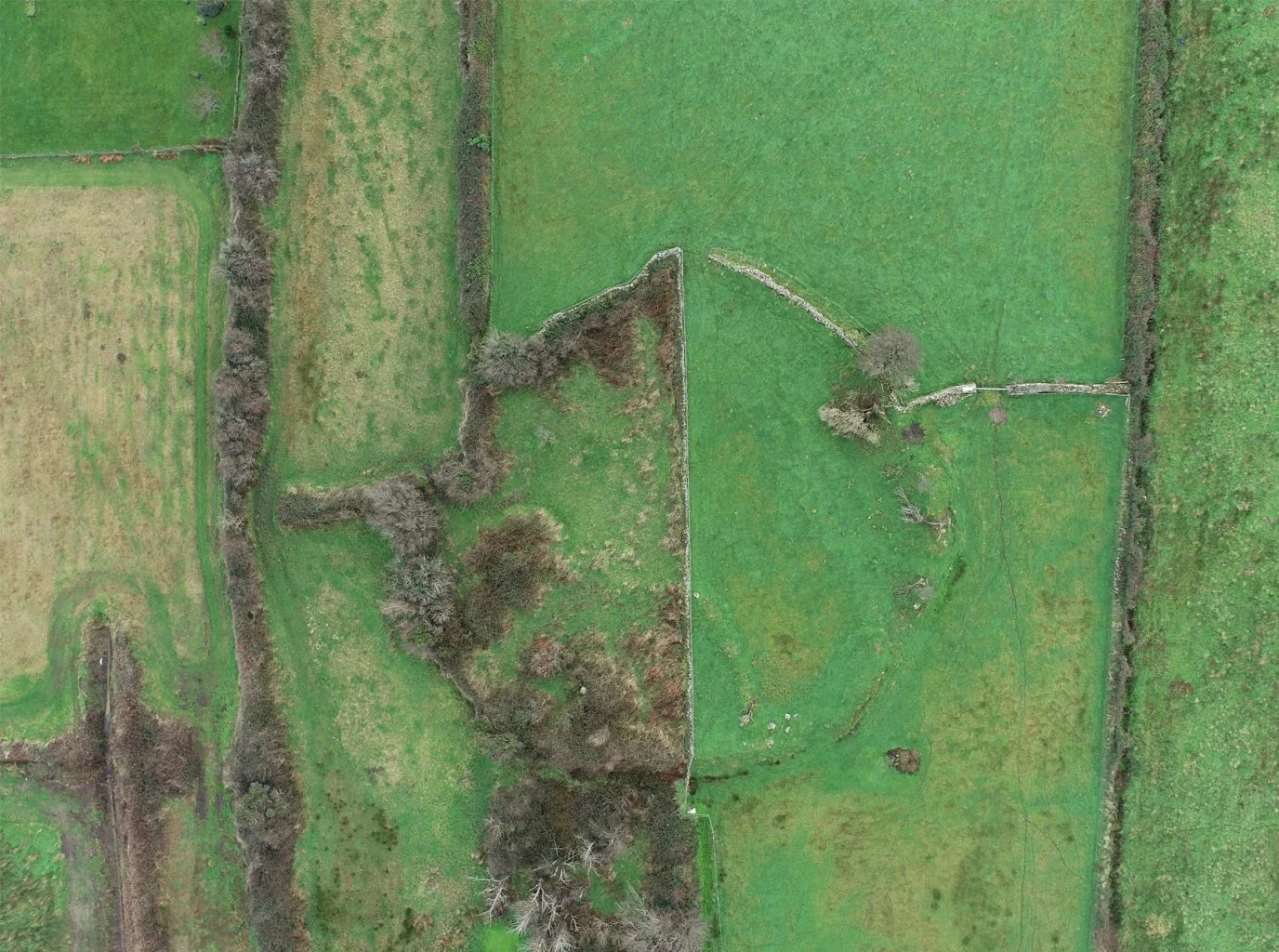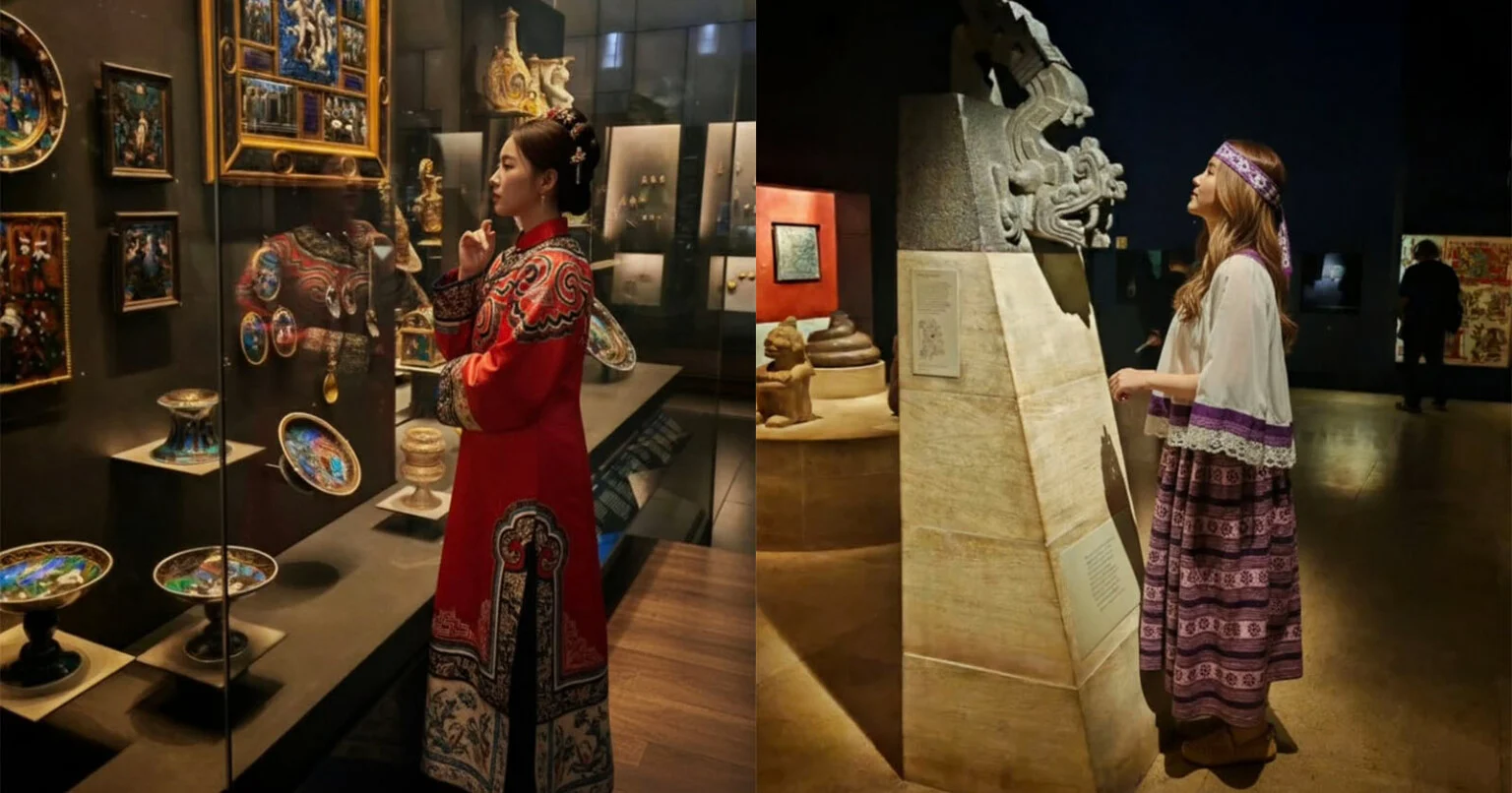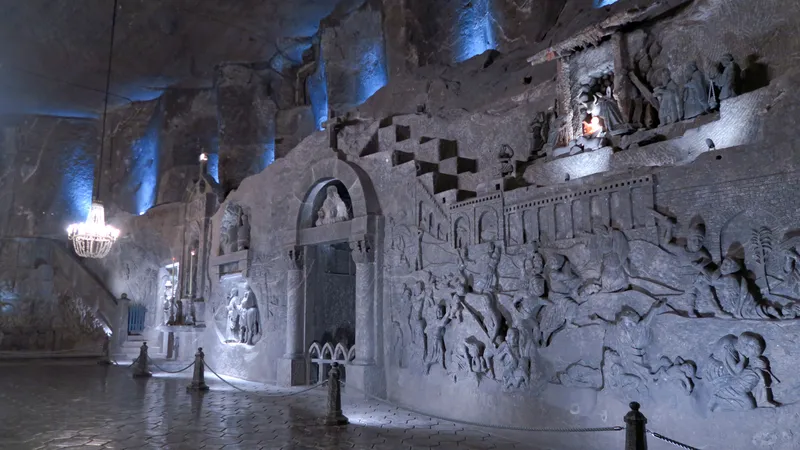The legend of Atlantis has captivated historians, archaeologists, and enthusiasts for centuries. First mentioned by the ancient Greek philosopher Plato in his dialogues Timaeus and Critias, Atlantis was described as a powerful and advanced civilization that mysteriously vanished beneath the sea. But was Atlantis merely a philosophical allegory, or did it have roots in real historical events?
The Origins of the Atlantis Myth
Plato wrote about Atlantis around 360 BCE, claiming that the story was passed down by Egyptian priests and relayed to the Athenian statesman Solon. According to the account, Atlantis was a formidable naval power located beyond the "Pillars of Hercules" (modern-day Strait of Gibraltar). The Atlanteans were said to have attempted to conquer much of the known world but ultimately fell out of favor with the gods and were submerged in a catastrophic event.
Many scholars believe that Plato intended Atlantis as a moral or political allegory, reflecting the downfall of a corrupt society. The tale serves as a warning against hubris and the dangers of unchecked imperial ambition. However, this has not stopped people from speculating about whether Atlantis could have been a real place.
Possible Real-World Inspirations
Several theories suggest that Atlantis may have been inspired by actual historical events or lost civilizations:
The Minoan Civilization – One of the most widely accepted theories links Atlantis to the Minoans, a Bronze Age civilization that thrived on Crete and surrounding islands. The Minoans were highly advanced, with impressive architecture, complex social structures, and a maritime empire. Around 1600 BCE, a massive volcanic eruption on the island of Thera (modern-day Santorini) caused widespread devastation, leading to the civilization’s decline. Some believe this catastrophic event could have inspired Plato’s tale.
The Trojan War and Other Ancient Conflicts – Some researchers propose that Plato’s story was influenced by real historical conflicts, such as the Trojan War, in which a powerful civilization was destroyed due to hubris and war.
Lost Lands in the Atlantic Ocean – A few theories suggest that Atlantis might have been a real landmass in the Atlantic that was submerged due to rising sea levels or geological activity. Possible candidates include the Azores, the Caribbean, or even the submerged Doggerland region in the North Sea.
South American and Caribbean Connections – Some have speculated that Atlantis could be linked to early advanced civilizations in the Americas, such as the Olmecs or the lost city of Nan Madol in Micronesia.
Archaeological Theories About Lost Civilizations
Beyond Atlantis, history is filled with examples of real lost civilizations that were rediscovered centuries later. Cities like Troy, Petra, and Machu Picchu were once thought to be myths but were later uncovered through archaeological efforts. This lends credibility to the idea that some ancient stories may have been based on real locations.
While no definitive evidence of Atlantis has been found, new discoveries continue to reshape our understanding of ancient civilizations. Whether Atlantis was a real place or merely a philosophical metaphor, its legend endures as a fascinating piece of history that continues to spark curiosity and debate.
Conclusion Atlantis remains one of the greatest mysteries of history. While it is likely that Plato’s story was allegorical, the possibility that it was inspired by real events or civilizations cannot be entirely dismissed. As archaeology advances, perhaps one day we will uncover new evidence that sheds light on this enduring enigma. Until then, the legend of Atlantis continues to inspire exploration, imagination, and the quest for lost worlds.







